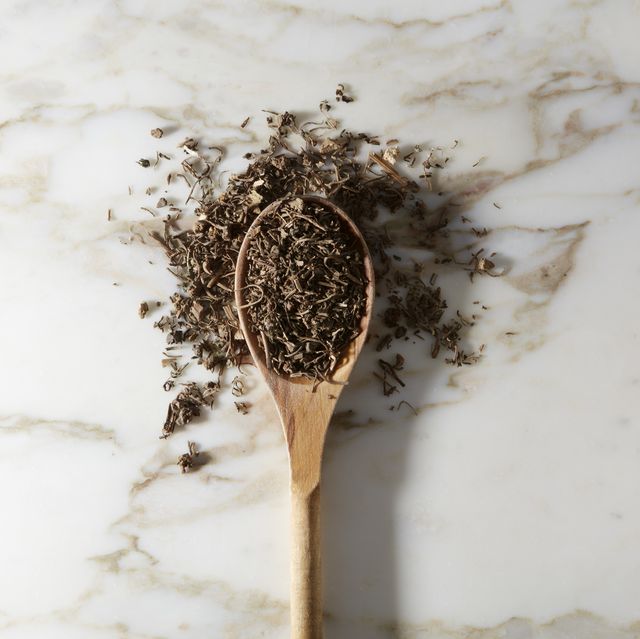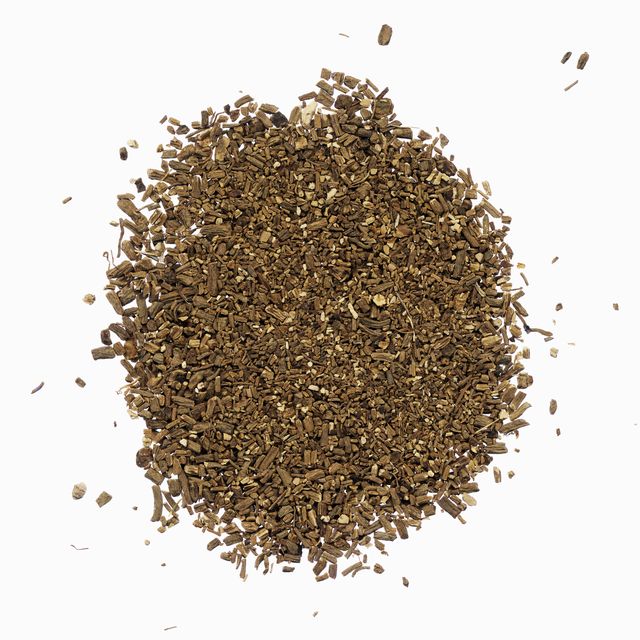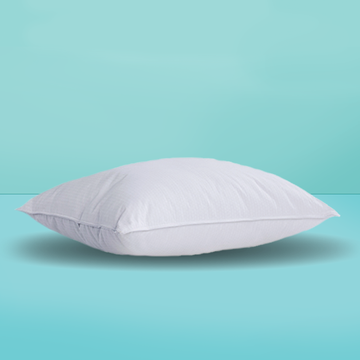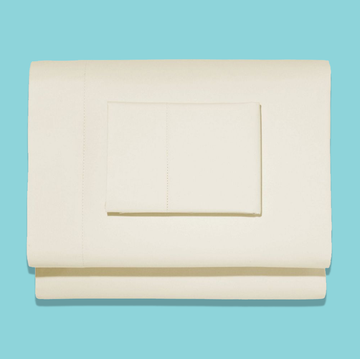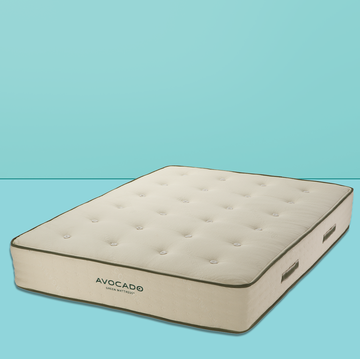Is valerian root an herbal remedy worth adding to your routine?
When used correctly and under medical supervision, herbs can serve as part of a treatment regimen for various conditions, and in most cases they may come with fewer side effects compared to conventional medications.
However, valerian root simply is not for everyone, in terms of safety and effectiveness. While valerian might be new to you, but it’s been around for quite some time. Also known as Valeriana officinalis, this tall, flowering grassland plant is native to Europe and Asia and now grows in various parts of the world, including North America.
What is valerian root?
Valerian root has been used medicinally since the ancient days of Rome and Greece as a popular sleep aid. Historically, valerian root was also used to treat fatigue, digestive issues and migraines. The roots and rhizomes (underground stems) offer medicinal benefits and despite its very strong and off-putting odor, it plays a big role in making everything from teas and tinctures to dietary supplements in the form of tablets and capsules. It even packs in several vitamins and minerals like magnesium, calcium and B vitamins, too.
Although scientists are still working to figure out how valerian root actually works in the body, research suggests that some benefits may be due to the mechanism behind plant compounds like lignans, flavonoids and valepotriates (compounds that give off the sedation feeling). Today, valerian has been spotlighted for its ability to help with sleep disorders, anxiety, PMS and menopause symptoms.
Sleep tip! Looking to improve your sleep quality? Start with these simple lifestyle habits: get seven-plus hours of sleep, avoid caffeine in the late afternoon and create a wind-down routine.
Benefits of valerian root
Modern medicine continues to highlight the wide range of biological active ingredients and potential health benefits in valerian. Here’s everything you need to know about this unique plant, including what symptoms it may manage, side effects, disadvantages and how to use it.
Side effects of valerian root
Generally, valerian is considered safe for most people when used at the recommended doses. “Though valerian is well tolerated by many, it may cause an upset stomach, headaches and restlessness in some people,” Bell says. Its calming effects can also cause drowsiness. It is recommended by many health experts to avoid taking it with alcohol, sedative drugs and sleep aids or before driving or operating machinery. Valerian may also interact with certain anti-anxiety medications or other dietary supplements and medicinal herbs such as the popular St. John's wort as it may increase side effects like dizziness and confusion.
“If you’re taking certain medications or preparing for surgery, consult your healthcare provider before adding valerian root to your routine," Bell says. If you are pregnant or breastfeeding, you should avoid using valerian root because there is insufficient evidence to demonstrate that it is safe. If you’re taking valerian root for long periods of time, there might be some consequences. “Prolonged use of valerian root may cause dependency and withdrawal symptoms after discontinuing it,” adds Samuels. Withdrawal symptoms may include rapid heartbeat, anxiety, irritability and insomnia.
How much should I take?
When it comes to improving sleep quality, “a dose of 450 to 1,410 milligrams of whole valerian root per day for four to eight weeks may help support sleep quality,” says Bell. “For tension relief, some experts suggest a dose of 400 to 600 milligrams of valerian extract or a dose of 0.3 to 3 grams of valerian root up to three times per day.” As of recently, the safety of long-term valerian use is still unknown. If valerian root is on your list to try, you’ll want to work with a trusted healthcare provider to determine what will be the most safe and effective dose for you.
Which form is the best?
Valerian root has a woody and earthy taste. Some people take it in a capsule, tablet or tincture (concentrated liquid herbal extracts) form. Others love it as tea. The taste becomes stronger the longer you allow the tea to brew, but adding honey can make it more enjoyable if you’re looking to sweeten things up.
Most of the studies covering valerian use the capsule form compared to the teas. "The studies showing inconsistent results around the efficacy of valerian root typically looked at herbal extracts rather than the whole root and rhizome," says Bell. When it comes to tea, manufacturers typically mix it with other herbs so there’s likely to be a much lower concentration of valerian. On the other hand, tinctures have a higher absorption rate than capsules and teas so you’ll likely get a higher level of nutrients and biological active ingredients. It’s always best to check the labels of the products you are purchasing for special usage recommendations and confirm with your provider that it's okay for you to take.
That said, it’s important to note that herbal supplements aren't monitored by the FDA the same way medications are, so it’s hard to know what you’re getting and if it's safe. Also, just because it claims to be “natural” doesn't always mean it's safe. Since product claims can be misleading, it will be helpful to refer to the National Center for Complementary and Integrative Health or the Office of Dietary Supplements, a science-based resource to evaluate a product's claims.
The bottom line
Valerian root is a plant filled with biological active ingredients that offers potential health benefits when consumed regularly. The roots and other parts of the plant are used to make dietary supplements such as capsules, tinctures and teas. If you're thinking of taking valerian, check with your doctor first as it can interact with other medications or supplements you might be taking. Although the data seems promising, there’s simply not enough evidence to allow any strong conclusions about whether valerian is helpful for treating sleep disorders, menopause symptoms, PMS, high blood pressure, stress and anxiety or other conditions.
..
Valerie Agyeman (she/her) is a women's health dietitian and the host of the Flourish Heights podcast, where she produces science-driven content covering overlooked nutrition, wellness and women’s health topics. She has over 10 years of nutrition communications, corporate wellness and clinical nutrition experience. Valerie is a trusted expert and regularly appears on networks including ABC’s Good Morning Washington, and she is a contributing expert to publications like Women’s Health, The Thirty and Shape.
